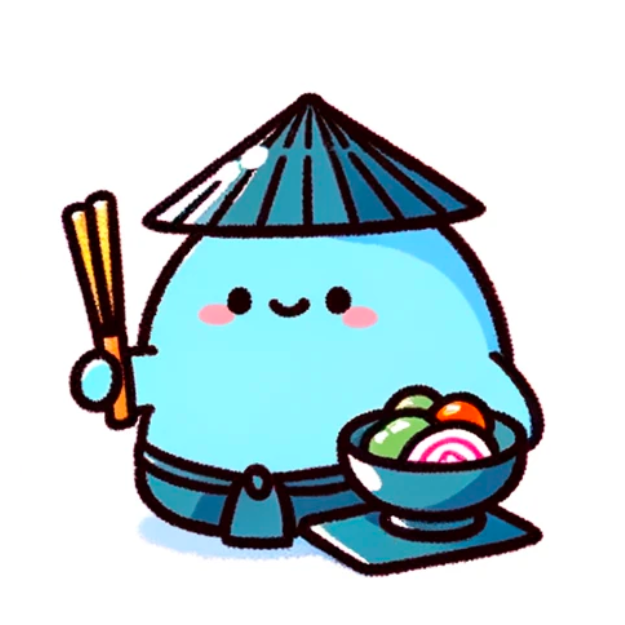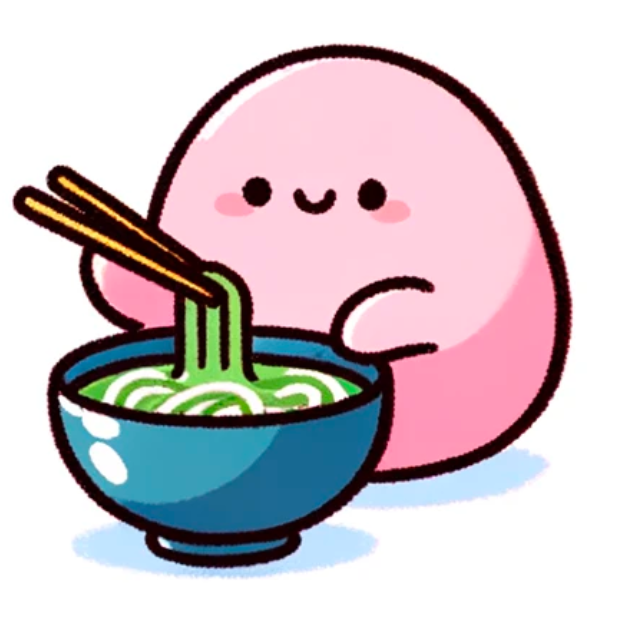Learn the popular Japanese children's song "いぬのおまわりさん" (The Dog Policeman), a heartwarming story about a dog policeman helping a lost kitten. This lesson includes lyrics, vocabulary breakdowns, and engaging activities to enhance your Japanese learning experience.
First, if you aren't familiar with the song, please listen to this:
LYRICS & VOCABULARY
Now, let's go through the lyrics for the first verse:
いぬのおまわりさん
The Dog Policeman
まいごの まいごの こねこちゃん
あなたの おうちは どこですか?
おうちを きいても わからない
なまえを きいても わからない
にゃんにゃん にゃにゃん
にゃんにゃん にゃにゃん
ないてばかりいる こねこちゃん
いぬの おまわりさん こまってしまって
わんわん わわん
わんわん わわん

Vocabulary Quiz
Take this quick quiz based on vocabulary found on this lesson page.
VOCABULARY
迷子 lost; stray
子猫 kitten
お家 home
聞く to ask
分かる to understand
名前 name
泣く to cry; 鳴く to meow
おまわりさん police officer; policeman
困る to be troubled
犬 dog
にゃんにゃん meow
わんわん woof
Match the Meaning
Flip two cards to match the Japanese with the English.
Grammar Talk
Now, let's go through a few grammatical patterns found in the song.
■ まいごの こねこちゃん - using の to connect and limits associated nouns
In the phrase "まいごのこねこちゃん", the particle の is used to connect two nouns, indicating possession or association. Here, "まいご" means "lost child" and "こねこちゃん" means "kitten" with the affectionate suffix ちゃん. The particle の links these nouns to form "まいごのこねこちゃん," which translates to "the lost kitten." This usage shows that the kitten is the one who is lost.
One way to think of this is の limits the kitten to that of a lost kitten. It isn't just any kitten but a kitten who is lost.
This particular lesson is taken from the June 2024 issue of Makoto which will be released next week. Thanks to our members, we are able to create lessons like the one you are reading right now.
If you are a Makoto+ member, you can read an intermediate story about the 弥生時代【やよい じだい】 the Yayoi Period by clicking here. This is an early preview of the new issue! (Not yet a member, click here to learn more!)
■ おうち - Using the polite prefix お
The polite prefix お is used in Japanese to show respect, politeness, or affection. It is often added to nouns, especially those referring to someone else's belongings, family members, or when addressing someone politely. In the phrases "おうち" and "おまわりさん", お adds a level of politeness.
- おうち: This means "house" or "home." The prefix お makes it more polite, often used when referring to someone else's home.
- おまわりさん: This is a polite way to refer to a police officer, with お adding respect.
Other examples include:
- お名前: Name (used politely)
- お手紙: Letter (used politely)
- お水: Water (used politely)
- お金: Money (used politely)
In each case, the prefix お adds a sense of respect or politeness, making the speech more formal or courteous.
■ おまわりさん - The Neighborhood Policeman
おまわりさん is a commonly used term in Japanese that refers to a police officer, especially in a friendly or familiar context. Although it includes the polite prefix お and the honorific さん, it is considered a word in itself.
- お: This prefix adds politeness and is often used to show respect or affection.
- まわり: from まわる (to go around—something a policeman does)
- さん: An honorific suffix that shows respect, similar to "Mr." or "Ms."
Despite these elements, おまわりさん is used as a single term to refer to a police officer, often when speaking to or about them in a friendly or respectful manner. A おまわりさん protects the safety of the community, enforces traffic regulations, and helps people (and kittens) in need.
■ わんわん and にゃんにゃん - Dog and Cat Sounds
わんわん (or just a single わん) is the sound dogs make kind of like "bark" or "woof" in English. にゃんにゃん is the cat's meow.

Like TheJapanesePage.com or TheJapanShop.com? Give Makoto+ a try! Membership starts at just a few bucks a month. Click Here.









My all time favorite video of this song…
https://www.youtube.com/watch?v=hgpdLpBYtsQ
This is not AI it’s a real live child! She is 2 years old in this video.
すごい! and かわいい 🙂